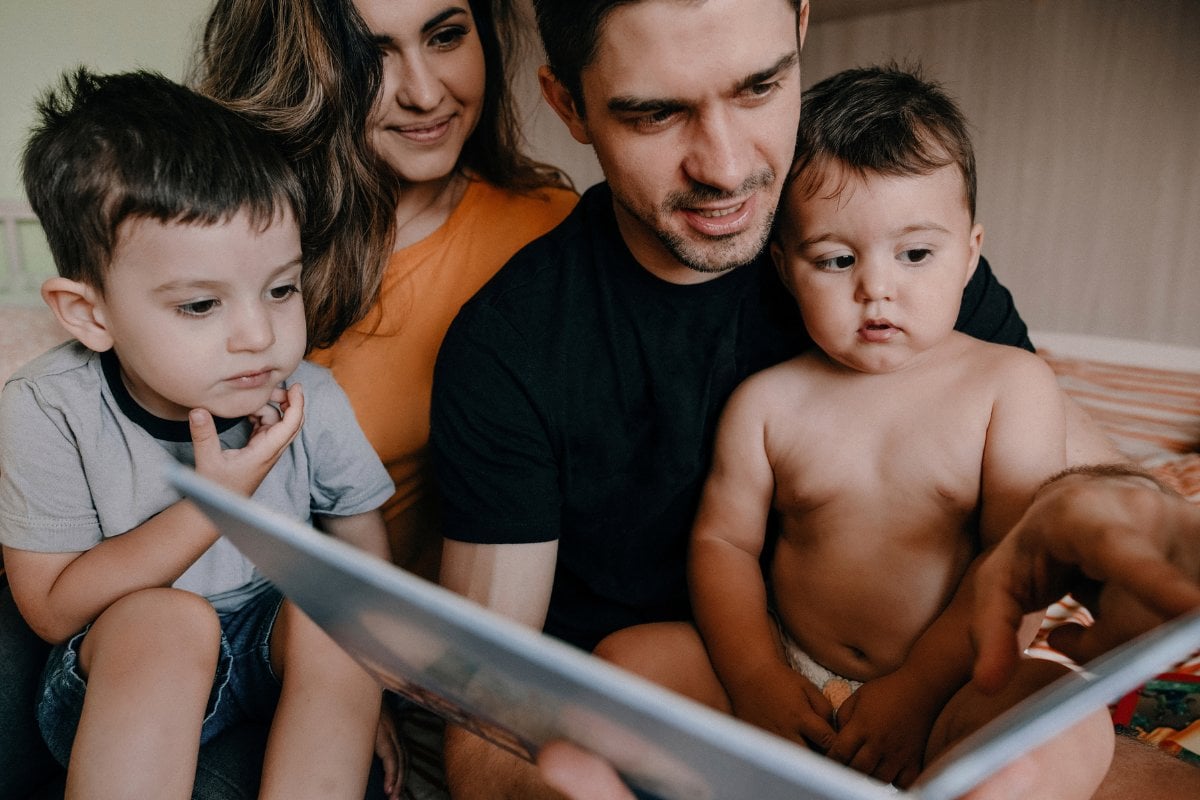
What will you be doing on Friday this week? Will you be flying your Aussie flag, heading to the beach, catching up with friends over a BBQ? Will you be attending an Invasion Day or Survival Day event? Or will you be using it as a day to reflect on our nation’s uncomfortable history, and educate yourself?
Whatever we might feel as adults, for our kids it can be a confusing time.
Whether they’ve caught the news about 'woke' retailers removing January 26 merchandise, overheard adult conversations around the date or learned about the history of the date at their preschool or daycare, your kids might have some questions about the date and its meaning.
There is no right or wrong way to talk about January 26, but seeing it as an opportunity to educate is a big step towards helping our kids learn more about our First Nations history; he kind of Australian history education we never got when we were at school.
The significance of the date.
First, let’s be clear. Why do we celebrate January 26. It’s the date the First Fleet arrived in Sydney Cove (now Circular Quay) to establish a British colony and raise the Union Jack Flag. But it was also the start of a very bloody and traumatic time for Aboriginal people, and First Nations people still live with the impact of this arrival more than 200 years on.
Watch: Australia Day, Invasion Day, Survival Day. Post continues after video.

